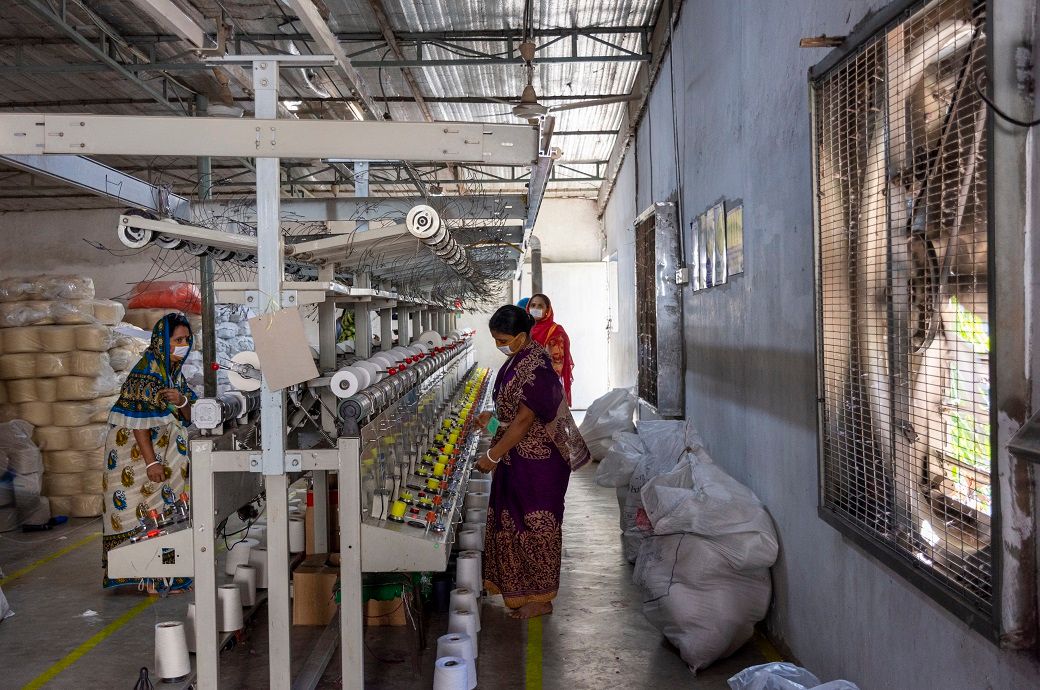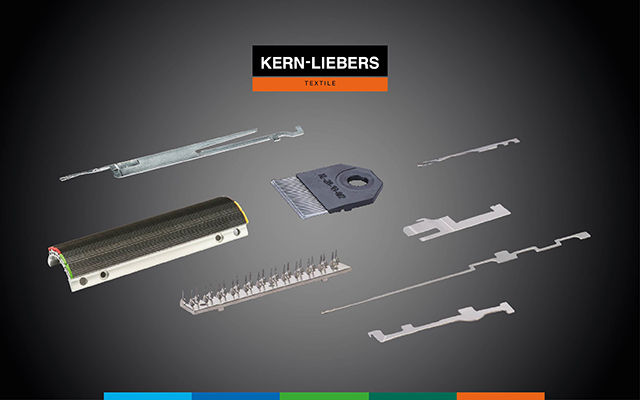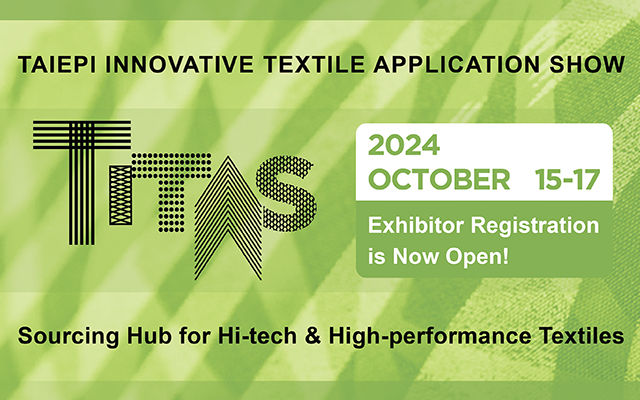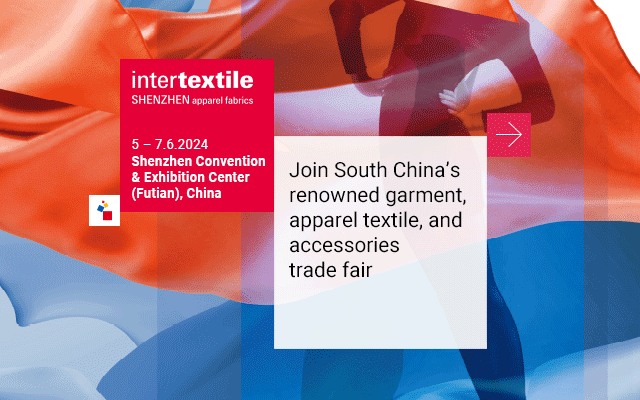TIWW dashboard shows need for closer ties among global garment players

The metric on purchasing practices is the only one showing minimal improvement—an increase by one point from 39 to 40 compared to 2022, mainly due to buyers increasing recognition of the importance of fair financial practices and timely forecasting. On the flip side, the individual sub-scores also indicate a decline in business stability and the visibility buyers provide to suppliers regarding their order planning, TIWW said in a press release.
The wage gap metric shows a 3.5 per cent increase to 48.5 per cent, meaning that, on average, the difference between legal minimum wages and living wages has grown even further. The most significant wage gap increase has been reported in Morocco, Peru, and Hungary.
The GHG metric shows an increase of greenhouse gas emissions by 0.87 per cent to 896.9 million tonnes of carbon dioxide equivalent, mainly due to slight growth in fibre use and other factors. To stay within a 1.5°C trajectory—achieving 45 per cent reduction by 2030—the sector would need to reduce emissions from 0.889 Gt in 2019 to 0.489 Gt by 2030.
“Measuring progress informed by data and transparency across the supply chain are essential to doing business in a fair way, improving the lives of the people who make our clothes and driving environmental progress,” said Anne Patricia Sutanto, vice CEO at PT Pan Brothers Tbk.
“This year’s The Industry We Want dashboard highlights the need to take action. Not tomorrow, but today. To drive systemic change, we need all actors in the supply chain to collaborate in equal partnerships. Let’s walk the talk together,” said Alexander Kohnstamm, executive director at Fair Wear Foundation.
The industry dashboard illustrates the reality of workers, suppliers, and other stakeholders in garment-producing countries through industry-wide scores. Measuring the industry's progress and galvanising action across the commercial, social, and environmental spheres, the metrics are updated annually and serve as an accountability resource for the whole industry.
Effective due diligence implementation can accelerate progress across the three indicators. The Industry We Want, therefore, is organising a plenary session at the 2023 OECD Forum on Due Diligence in the Garment and Footwear Sector on ‘Implementing impactful due diligence: A practical perspective from Vietnam’. This session will connect policymakers and industry experts from across the supply chain in a hybrid two-panel, two-country forum session connecting Hanoi and Paris. Together, they will discuss how equal buyer-supplier partnerships, effective policies, and support measures can create favourable conditions for implementing OECD-based due diligence.
The initiative will also host dedicated deep dive sessions starting in May 2023 and facilitate or contribute to supplier seminars in major garment producing countries, added the release.
Fibre2Fashion News Desk (NB)
































-Ltd..jpg?tr=w-120,h-60,c-at_max,cm-pad_resize,bg-ffffff)





.jpg?tr=w-120,h-60,c-at_max,cm-pad_resize,bg-ffffff)
.jpg?tr=w-120,h-60,c-at_max,cm-pad_resize,bg-ffffff)






